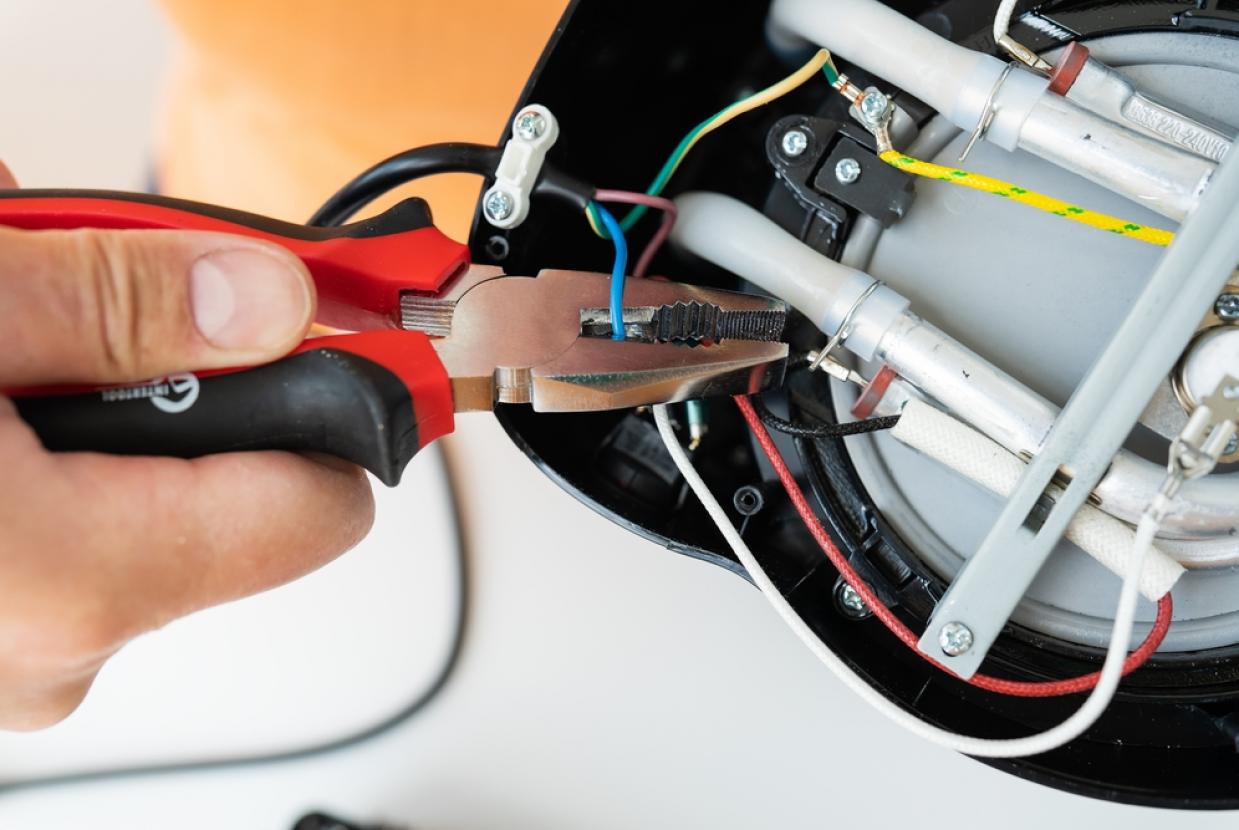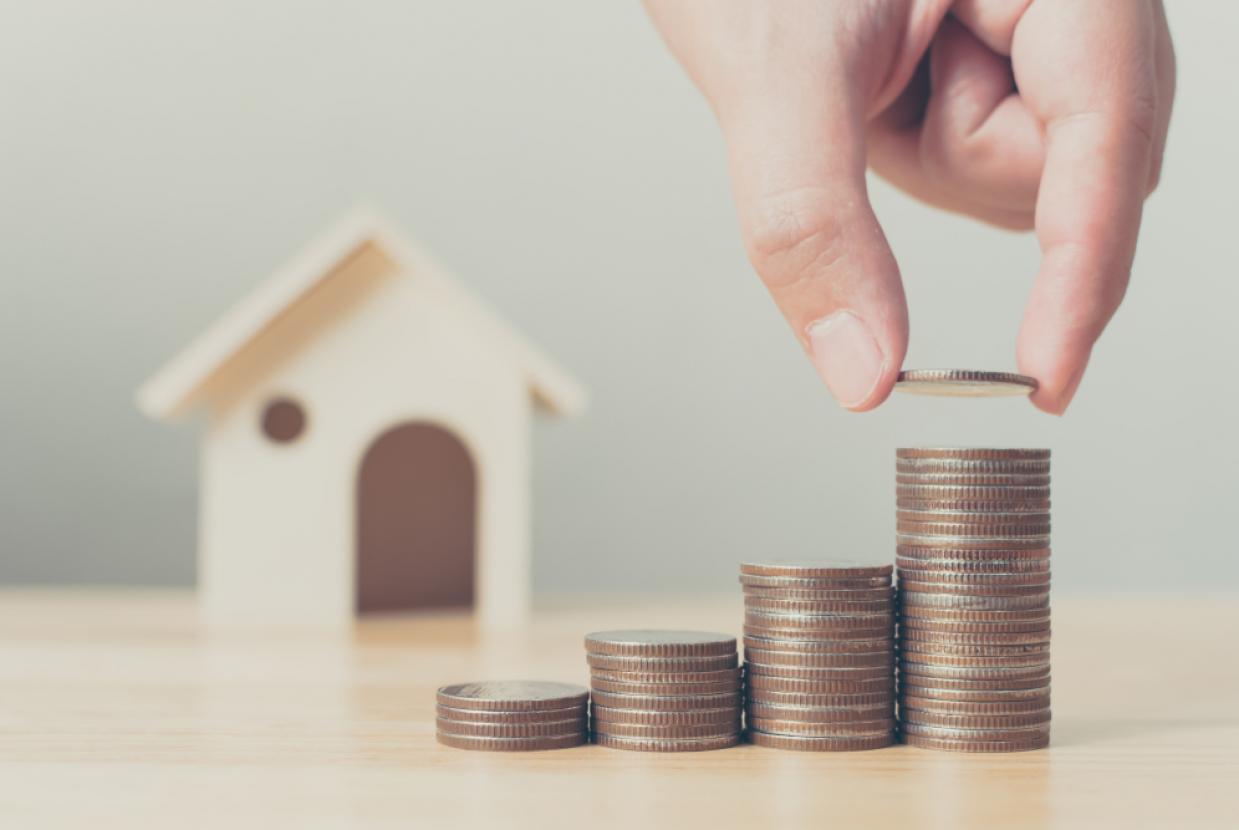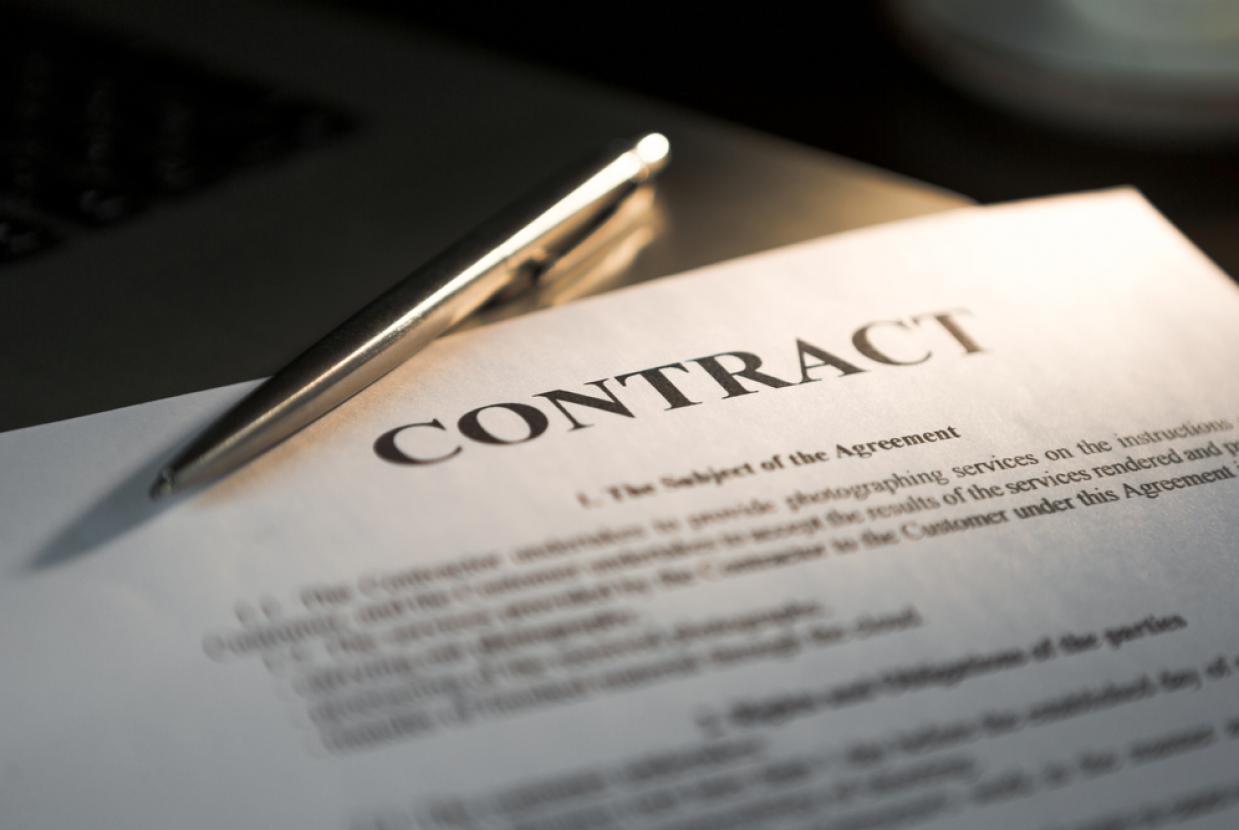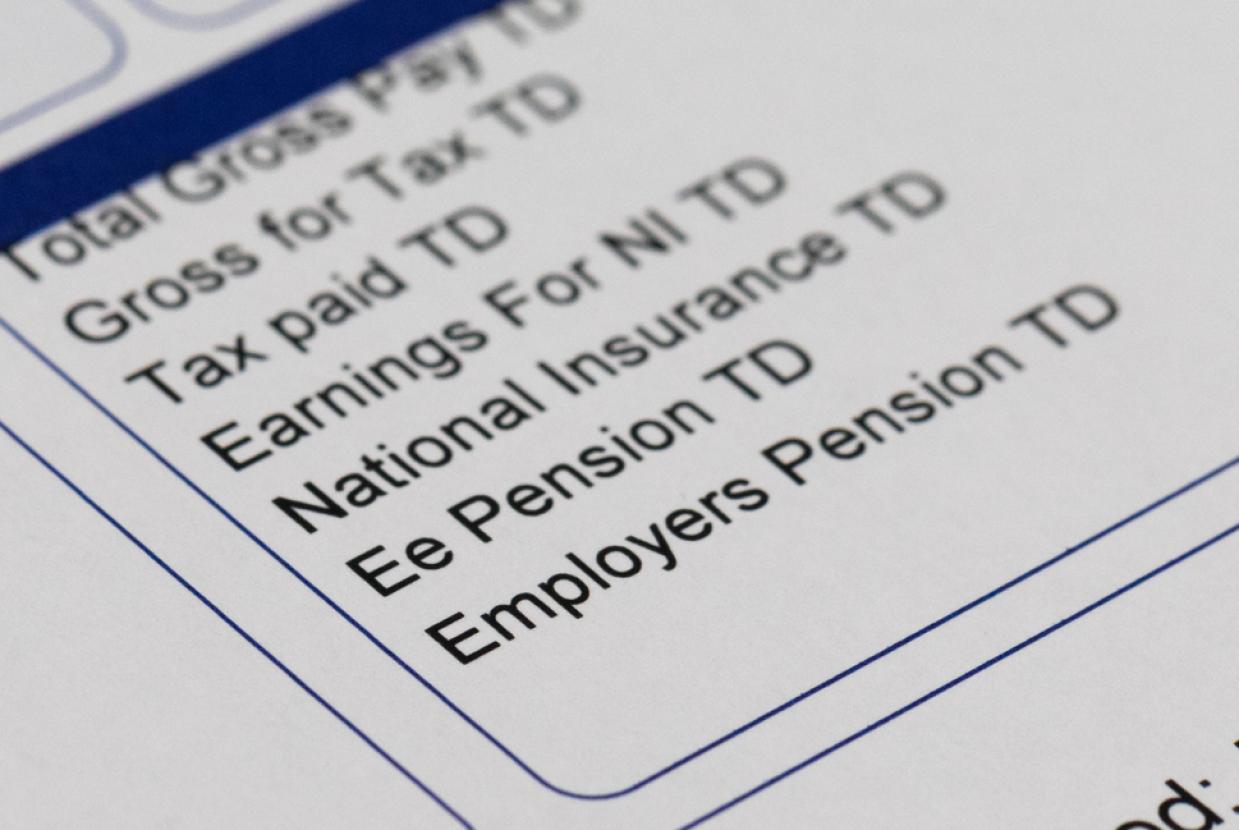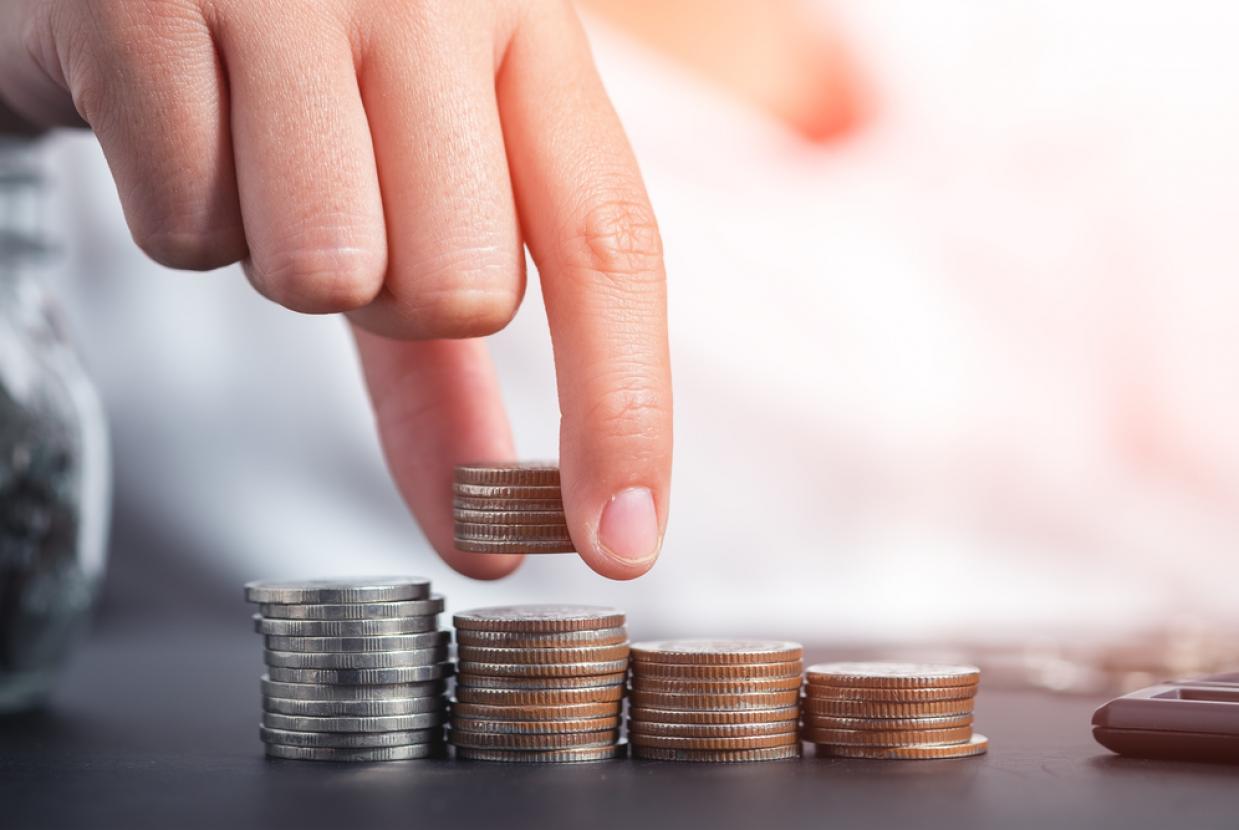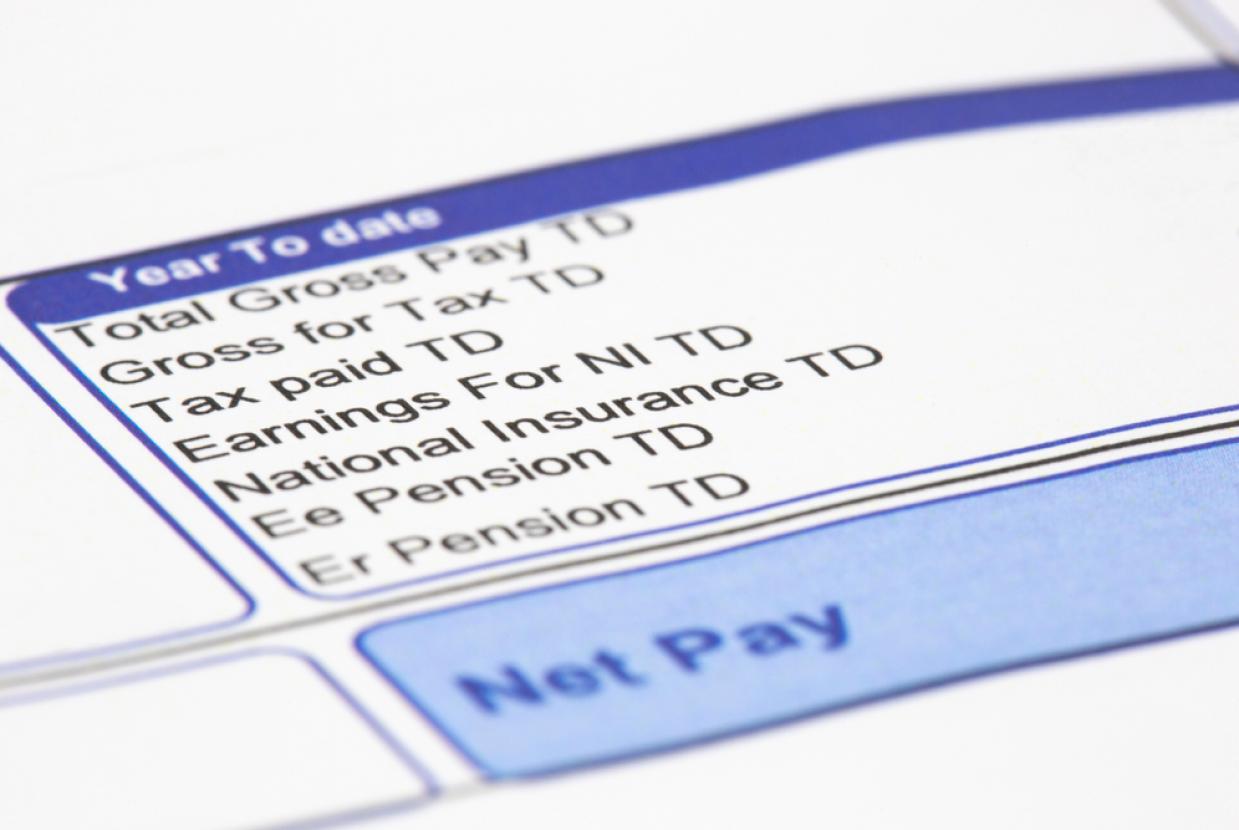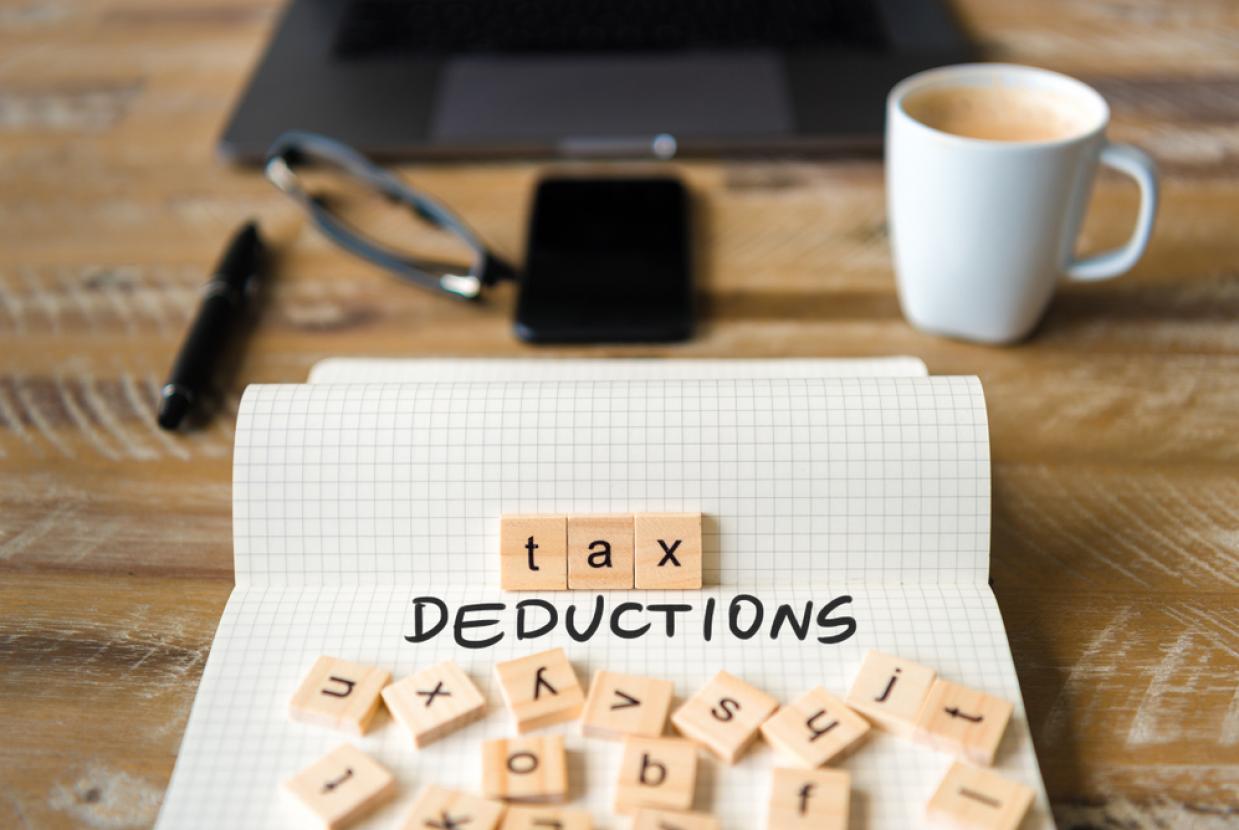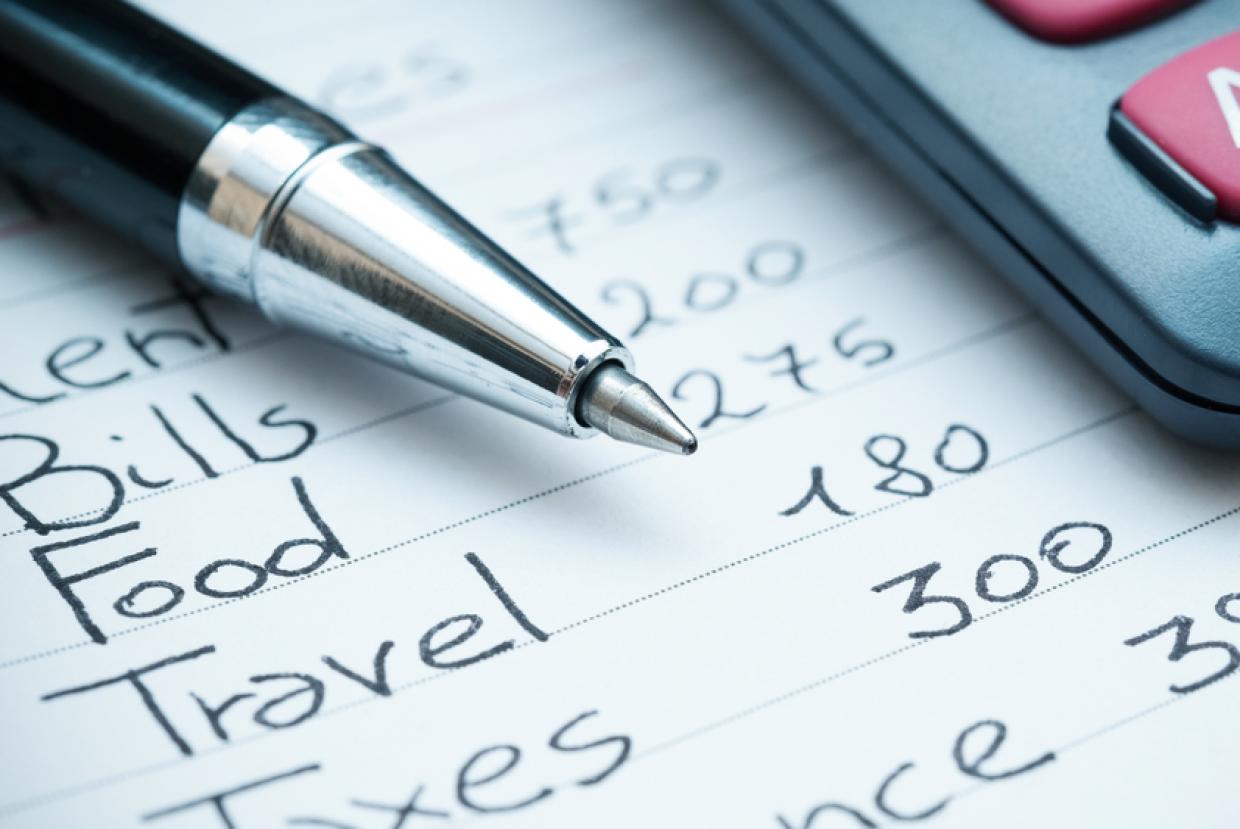Tips if you’re struggling with debt
Financial HealthThe first step towards taking control is to put together a list of everyone you need to make payments to, including household bills, mortgage or rent payments outstanding loan or credit payments and debt repayments.
Check how much money you need to meet payments and whether you have fallen behind.
Understand which payments you need to tackle first
Some bills and payments are higher priority as the consequences of not paying can be more serious. Find out more in our guide How to prioritise your debts.
If you’re facing a debt emergency
It’s important to get free debt advice as soon as you can if you’ve fallen behind on priority payments, or are facing any emergency issues, including:
- being contacted by bailiffs
- receiving a court summons
- having your gas or electricity cut off
- having your home, car or goods repossessed
Make a budget
To take control of your finances, it’s important to put together a budget. This will help you understand how much money you have to make payments.
Our free Budget Planner puts you in control of your household spending and analyses your results to help you take control of your money. It’s already helped hundreds of thousands of people.
If you’ll struggle with making a budget, or still have worries after you’ve crunched the numbers, you can always speak with a free debt adviser who can help you.
Try to increase your income
You might find your budget doesn’t balance and your income is less than your outgoings or you have just enough to live on but have no spare cash to pay off debts.
If that’s the case, there might be things you can do to increase your income or cut down on what you spend.
For example, you might be able to claim benefits you’re entitled to, claim a grant or save money on your household bills by switching providers.
Talk to the people you owe money to
The support your creditor can give you will depend on things like:
- the type of bill or payment it is
- how much you owe
- how many payments you have missed
- your ability to make repayments
- whether you need extra support because you’re vulnerable.
The action your creditor can take will also depend on different things, such as whether it’s a priority or non-priority debt or whether it’s a credit agreement or a household bill.
For more advice & information, please click here.











